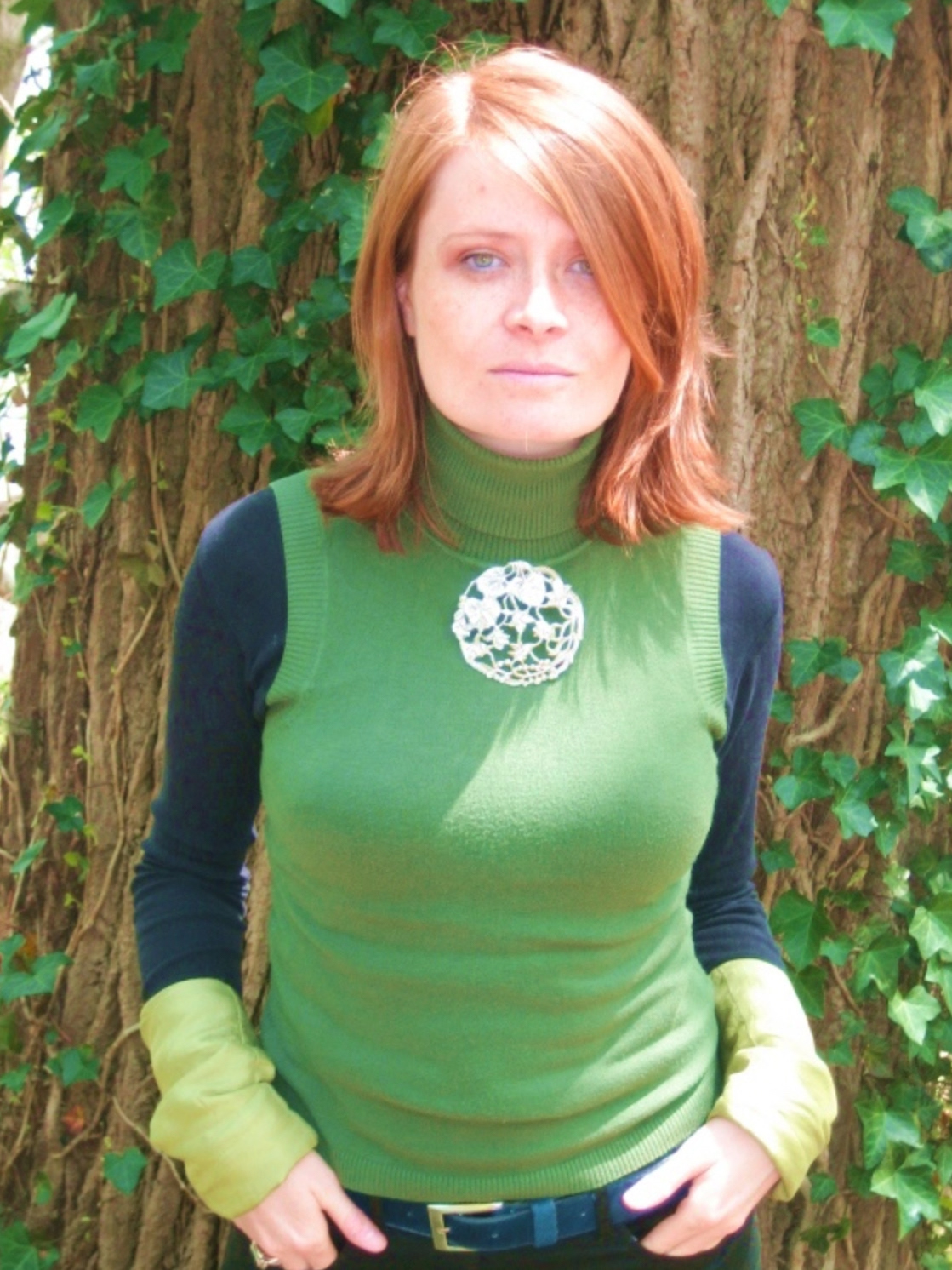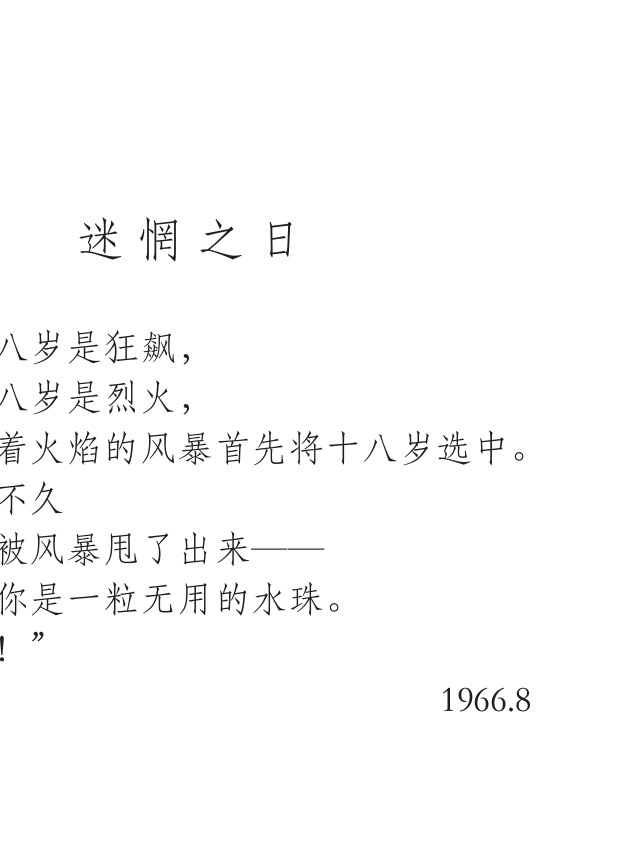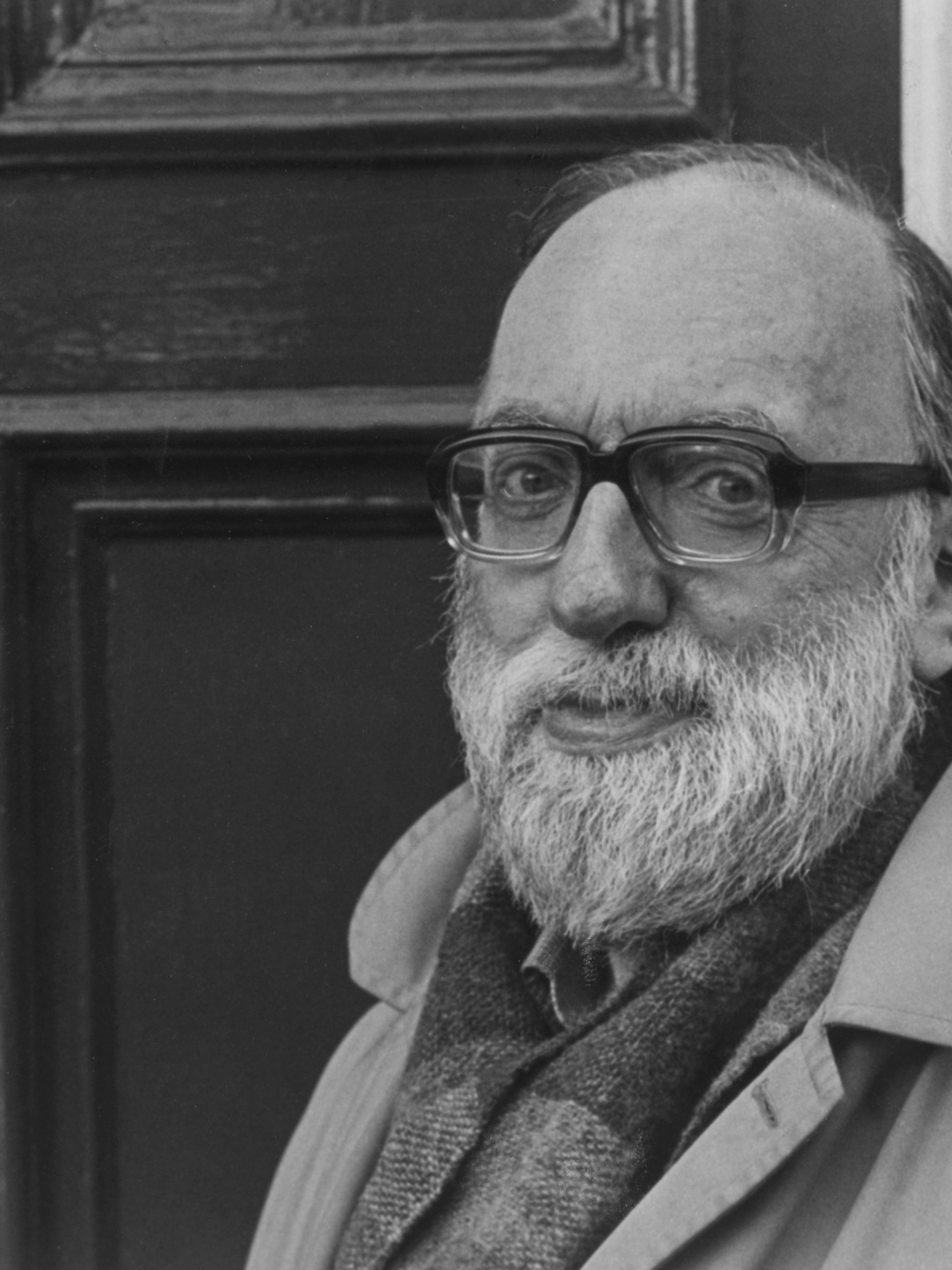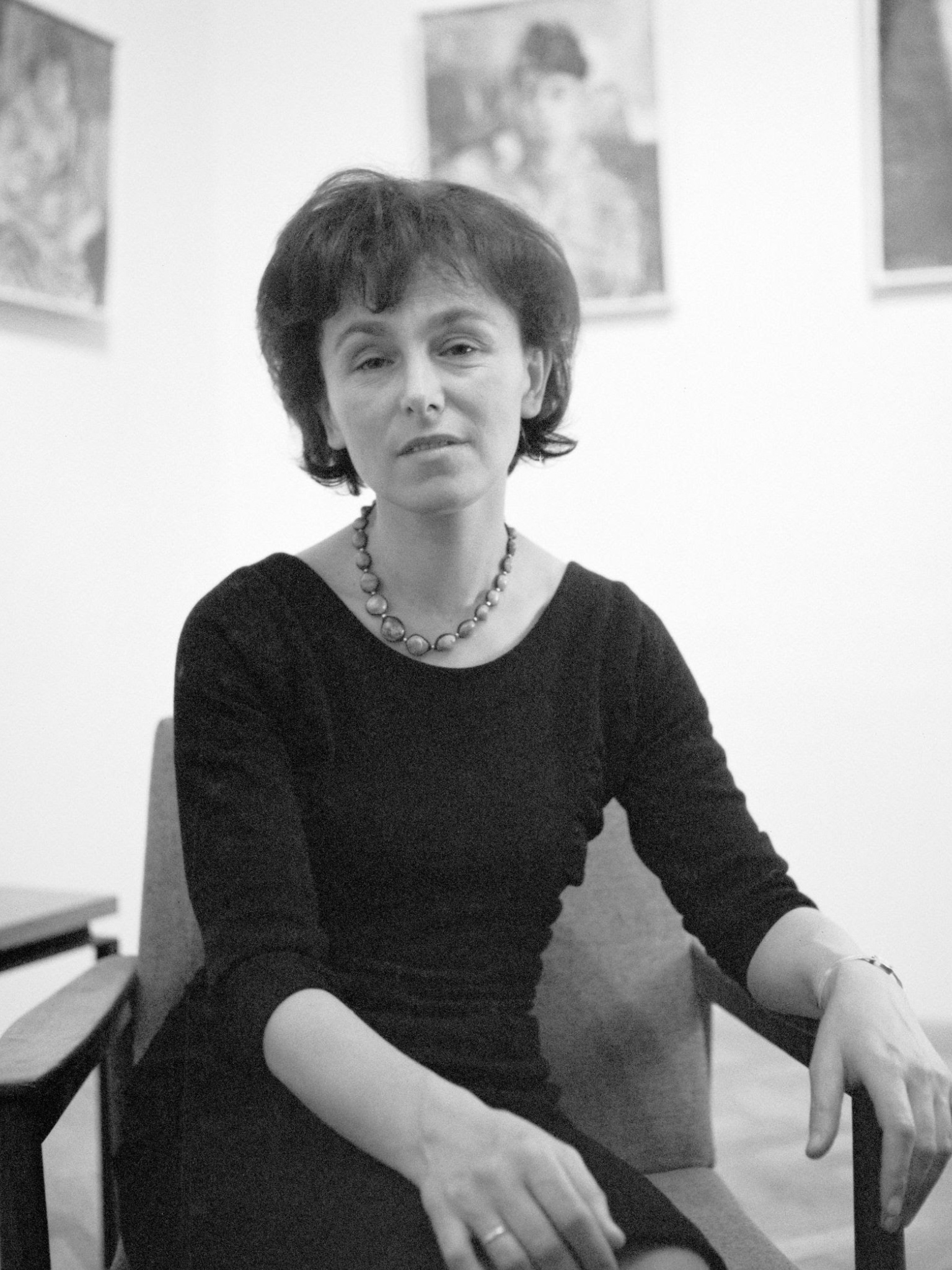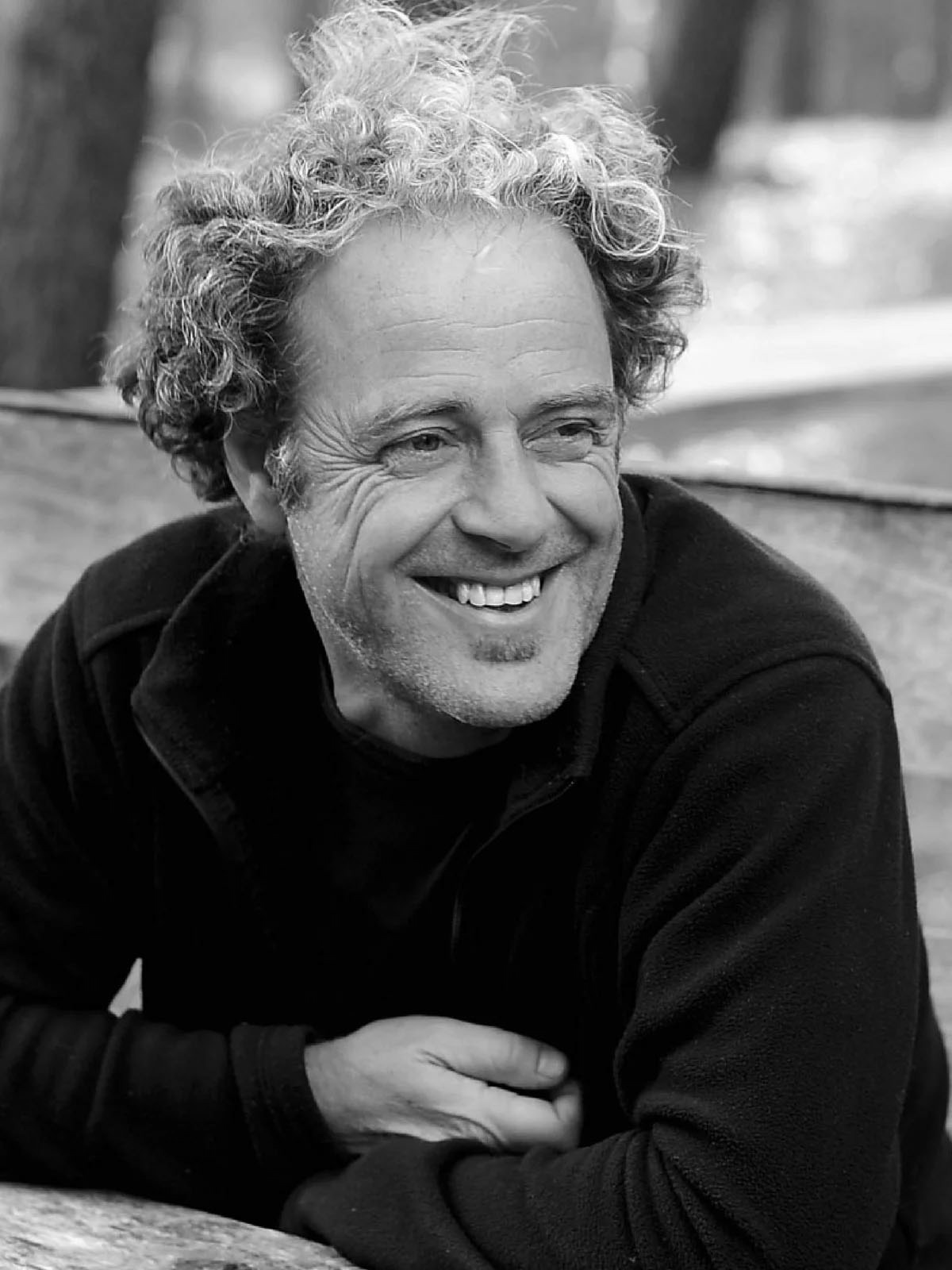Michael Krüger was born in Wittgendorf, Germany, in 1943, and spent his youth and college years in West Berlin. He now lives in Munich, running the Carl Hanser publishing house. He and Klaus Wagenbach, in 1968, founded the literary annual Tintenfisch. He is editor of the periodical Akzente, the first outlet for a great many promising authors. His first collected poems, Reginapoly, appeared in 1976, and he has continued publishing ever since. His work has been translated into many languages.
The pomes published here first appear in English translation in Sirena: Poetry, Art, and Criticism 2009:2 (Johns Hopkins UP), edited by Jorge R. G. Sagastume, the editor of The Pasticheur. All translation into English were done by Eva Bourke.
Marx redet
Manchmal, wenn es im Westen aufklärt,
schaue ich den glitzernden Geldflüssen zu,
die schäumend über die Ufer treten
und das eben noch dürre Land überschwemmen.
Mich amüsiert die Diktatur des Geschwätzes,
die sich als Theorie der Gesellschaft
bezahlt macht, wenn ich den Nachrichten
von unten glauben darf. Mir geht es gut.
Manchmal sehe ich Gott. Gut erholt sieht er aus.
Wir sprechen, nicht ohne Witz und dialektisch
erstaunlich versiert, über metaphysische Fragen.
Kürzlich fragte er mich nach der Ausgabe
meiner Gesammelten Werke, weil er sie
angeblich nirgendwo auftreiben konnte.
Nicht dass ich daran glauben will, sagte er,
aber es kann ja nichts schaden.
Ich gab ihm mein Handexemplar, das letzte
der blauen Ausgabe, samt Kommentaren.
Übrigens ist er gebildeter, als ich dachte,
Theologie ödet ihn an, der Dekonstruktion
streut er Sand ins Getriebe, Psychoanalyse
hält er für Unsinn und nimmt sie nicht
in den Mund. Erstaunlich sind seine Vorurteile.
Nietzsche zum Beispiel verzeiht er jede
noch so törichte Wendung, Hegel dagegen
kann er nicht leiden. Von seinem Projekt
spricht er aus Schüchternheit nie. Bitte,
sagte er kürzlich nach einem langen Blick
auf die Erde, bitte halten Sie sich bereit.
Marx Speaks
Sometimes when it clears up in the west
I watch the glittering streams of money
foam and rise over their banks
and flood the hitherto parched land.
I am amused by the dictatorship of blather
which pays off as a theory of society
if I can believe the news from below. I am well.
Sometimes I see God. He looks relaxed.
We talk about metaphysical questions,
not without humor and surprisingly
well-versed in dialectics.
Recently he asked me for the edition
of my Collected Works because, he claimed,
he couldn’t find them anywhere.
It’s not that I want to believe in it, he said,
nevertheless it can’t do any harm.
I gave him my personal copy,
the last of the blue edition, plus commentaries.
Actually he is more well-read than I had thought,
theology bores him, he throws a spanner
into the works of deconstruction,
psychoanalysis is nonsense, he thinks
and won’t entertain it. His prejudices are amazing.
For example he forgives Nietzsche even
his most foolish phrases, Hegel, on the other hand
he can’t stand. Due to his shyness
he never talks about his project. Please,
he said recently, after a long look
at the earth, please be prepared.
Geschichte der Malerei
Ich las eine Geschichte der Malerei
von den Anfängen bis heute.
Eine Geschichte der weißen Lämmer,
bevor sie der Strahl trifft.
Eine Geschichte der kleinen, geflügelten Engel
und des jungfräulichen Rasens,
von Gänseblümchen übersät.
Eine Geschichte der Stoffe
und der Durchsetzung des Goldes.
Eine Geschichte der feinsten Tränen
auf blassen Gesichtern.
Eine Geschichte der gewölbten Stirnen
und der eingefallenen Wangen.
Eine Geschichte des Wassers
und wie man es malt.
Eine Geschichte der Schulen,
der Stile, des Kampfes um Wahrheit.
Eine Geschichte der Gewalt,
der Tücke und Gemeinheit,
der Treulosigkeit und des Verrats,
der gebrochenen Eide, der Revolten
und der nie aufhörenden Schlächtereien.
In den Fußnoten las ich auch
eine Geschichte der Scham,
eine verwickelte Geschichte des Trostes.
Insgesamt eine schöne Geschichte,
die Geschichte der Malerei,
und nicht nur für die Augen.
In seinem Nachwort erklärt der Autor
umständlich, was wir sähen, sei
nur Farbe in verschiedenem Auftrag.
Er hatte das Gift vergessen,
das ihr beigemengt war,
das Gift für die Augen.
A history of painting
I read a history of painting
from the beginnings until today.
A history of white lambs
before the ray strikes them.
A history of small winged angels
and the virginal lawn
strewn with daisies.
A history of fabrics
and the assertiveness of gold.
A history of the most delicate tears
on pale faces.
A history of rounded foreheads
and hollow cheeks.
A history of water
and how to paint it.
A history of schools, styles,
of the battle for truth.
A history of violence,
of treachery and spite,
of disloyalty and betrayal,
of broken oaths, of uprisings
and never-ending slaughters.
In the footnotes I also read
a history of shame,
a complex history of consolation.
All in all a beautiful history,
the history of painting
and not only for the eyes.
In his epilogue the author explained
ponderously that what we saw
was merely colour performing different tasks.
He had forgotten the poison
that was mixed with it,
the poison for the eyes.

